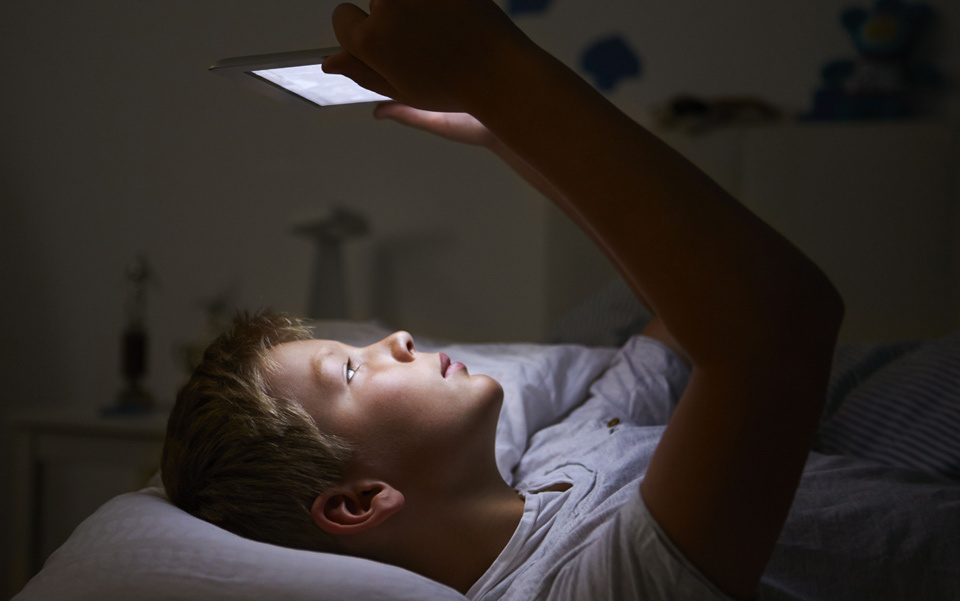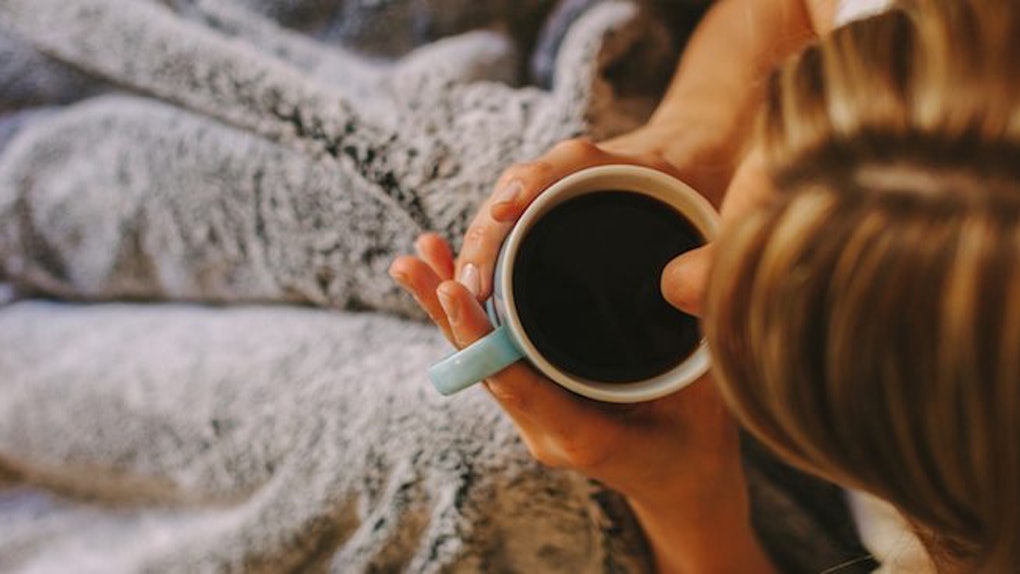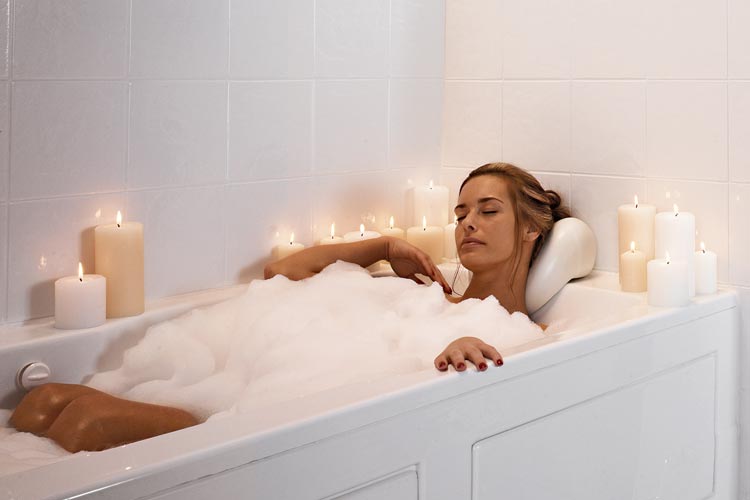Studies show that sleep deprivation can have instant negative effects on your performance during the day and even cause adverse mental and physical illness in the longs run. Sleep deprivation is a common problem that affects many individuals at some point in their lives. This can be due to stress, illnesses, aging, and so on. While you may not have control over some of these causes like aging, there sure is something you can do to encourage better sleep; for instance:
Control Your Exposure to Light

Aligning your circadian rhythms with nature can help you get more restful nights. Expose yourself to sunlight or bright light in the morning and let as much light into your surroundings throughout the day. Reduce light exposure towards bedtime, which includes putting off your screens. Exposure to light towards bedtime tricks your mind into thinking it is still day time, which reduces melatonin –a hormone in your body that helps you get sleep.
Emphasize Relaxation before Bedtime
Your body needs time to unwind from the stress of the day before shifting into sleep mode. Therefore, spend a few hours to bedtime doing a relaxing activity. There are several relaxation techniques that you can try out to see what works best for you. Some of them include reading a book, meditation, yoga, deep breathing, etc. Remember to equip your bedroom with a comfortable bed, high-quality mattress, and pillows. There’s a wide range of mattresses to suit every kind of sleeper. If you are a side sleeper, Ghost bed has more info on mattresses for side sleepers.
Avoid Taking Caffeine in the Afternoon

Caffeine has numerous benefits; however, its stimulating effects can last 6-8 hours. When taken late afternoon or in the evening, it can continue to stimulate your nervous system several hours later and hinder your body from naturally relaxing at night. Caffeine can also cause frequent awakenings, thereby disrupting your good night’s sleep. If you crave something to drink, switch to herbal tea or warm water.
Have Sleep-Inducing Dinners

Food plays a huge role in how well you sleep. Therefore, at dinnertime, try and eat foods that calm the body and contain nutrients that promote sleep such as complex carbohydrates like pasta and whole grain bread, lean proteins like chicken, heart-healthy fats like walnuts, and beverages like warm milk.
Take a Relaxation Bath

The easiest way to transition from being awake to sleep mode is by taking a warm relaxing bath. The rise and then fall in body temperature promotes drowsiness. If you want to enhance your bath to achieve a more peaceful night’s sleep, consider adding ½ cup Epsom salts and a few drops of essential oils like lavender to your bath water. Epsom salts are filled with magnesium that when absorbed through the skin promotes feelings of relaxation.






